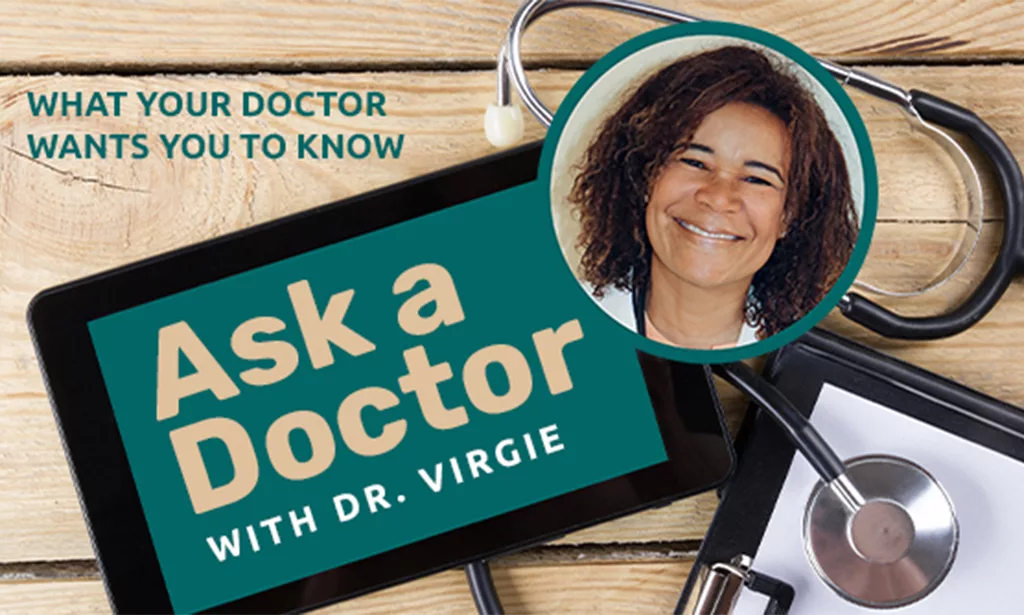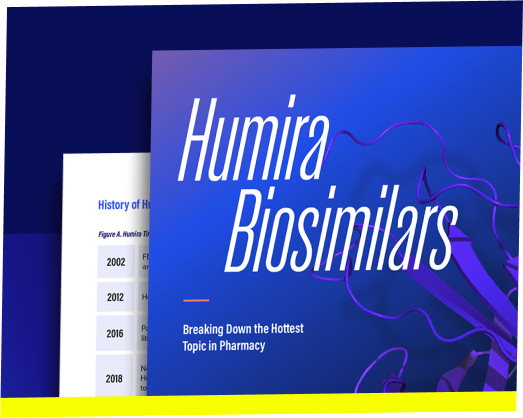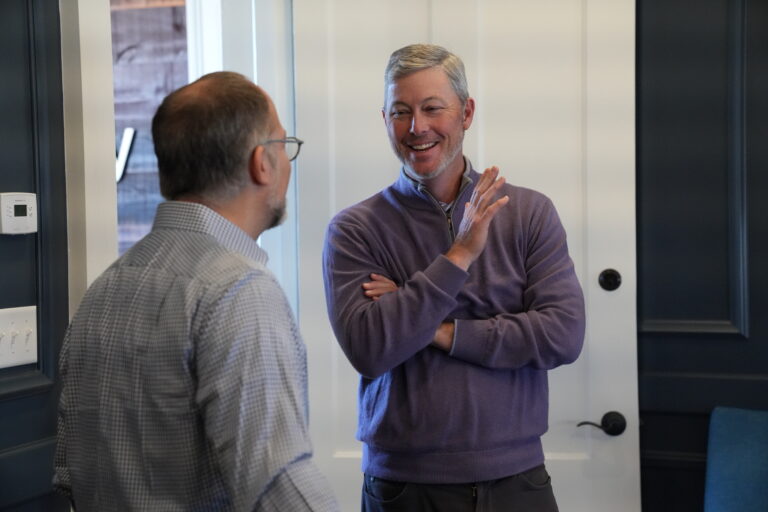Breez Health founder and CEO Nick McLaughlin was a guest on the Late Night Health Radio podcast with host Mark Alyn. Nick talked about how having insurance isn’t enough to keep patients out of medical debt, on who qualifies for hospital financial assistance, and how it’s mutually beneficial for both patients and hospitals to take advantage of financial assistance policies. Below are some of the highlights of what Nick had to say.
Listen to the full episode on the Late Night Health podcast.
Insurance is Not Enough
“Just think about an elderly couple that’s on Medicare and Social Security. We hear stories all the time about folks like that, that are really just pinching every penny and often cutting pills and not taking their prescriptions as they’re supposed to and not filling them when it’s time because they are afraid of the cost. It’s not too much to say that we do have a healthcare affordability crisis in our country.”
Breez Health’s mission
“Our specific arena is partnering with hospitals to help make their services and hospital bills more affordable to the patients that need it the most. Our whole mission is making financial assistance easy for patients and for hospitals.”
Who is eligible for financial assistance?
“Folks in that lower-income, working-class area — there are resources available for them, specifically at nonprofit hospitals. They’re called financial assistance policies or charity-care programs. In my working with patient billing and hospital billing, I saw a lot of patients winding up in collections that would have qualified for financial assistance at their hospital. After helping a few friends and family members apply for financial assistance at their hospitals and health systems, I really wanted to make a better way, an easier way for patients across the country to access that, because just helping onesie, twosie people that I know isn’t really a scalable way to make healthcare more affordable.”
Disappointing His Parents, Then Making Them Proud
“My mother was a nurse and my father was a scientist and they both taught me how important people are, and caring for people no matter what their situation. When they found out that I went to work for a collection agency that partners with hospitals when I was in college, they about disowned me. They said, ‘Nick, what are you doing calling up sick people and asking for money?’ I tell you what, that was an incredible experience. I saw the good, the bad and the ugly in that world. One thing that I’m really excited to be bringing to the hospital market right now is an opportunity to link arms with the hospital leaders that are leading the charge from a financial assistance perspective that truly care about making patient care affordable for patients, and essentially being the engine behind the hospital’s financial assistance policy that makes it easier for patients, but also easier for the hospital.”
Qualification Specifics for Financial Assistance
“A little known part of the Affordable Care Act is a provision that requires nonprofit hospitals and health systems to offer these financial assistance programs that we’ve been talking about. According to specific income-eligibility criteria, or whether patients have insurance or not, these programs offer financial assistance to patients oftentimes up to 400 percent of the federal poverty level. But what the heck does 400 percent of the federal poverty level mean? If you imagine an elderly couple, let’s say they’re on a fixed income, they could be receiving income from Social Security and their retirement up to $73,000 per year and still likely qualify for a financial assistance discount on their hospital bills. The main mark for whether or not a patient qualifies for this is household size and family income. Those are the two factors that go into federal poverty level percentage. So that’s a family of two. If we’re talking about a family of five, 400 percent of the federal poverty level is about $130,000 a year in income. It’s easy to imagine a young family, three kids at home, mom and dad both making $50,000 to $60,000 a year, it’s likely that family qualifies for a discount on their hospital bills, even if they have insurance, between 50 and 80 percent.”
The Long-Term Benefits of Financial Assistance
“Kaiser Permanente and Stanford University, the economics department there, did a study on what happens when a health system expands or connects their patients to their financial assistance program, and they saw immediate and significant spikes in doctors’ visits and prescription refills from these patients. People don’t go to the doctor unless they need to go to the doctor. We want to remove the financial barrier of care and help patients seek care that they need.”







